Learning Styles and Money
I took a yoga class last week and the instructor gave me specific verbal instructions to deepen a pose. I saw her mouth moving and heard the words, but I could not comprehend what she was saying. She might as well have been speaking in a foreign language. “Would you show me?” She demonstrated the pose and repeated the instructions and it was like drinking a long cold sip of water. I’m a visual learner.
Before becoming a money coach, I taught six year olds multiple subjects at progressive private schools. Over the course of that nine-year career, I studied Howard Gardner’s theory of multiple intelligences, positive discipline and practiced a teaching style that emphasized that the social and emotional curriculum is as important as the academic curriculum. So what does this have to do with money? Everything.
In the beginning of the money coaching process, I teach all of my clients to cultivate a personal money practice. In order to set them up for success, we need to tune into what comes naturally and easily to them. The personal money practice will work in a style that feels intuitive, where they’re naturally intelligent. Howard Gardner suggested there are nine different ways of being smart:
Musical – rhythmic and harmonic
Visual – spatial
Verbal – linguistic
Logical – mathematical
Bodily – kinesthetic
Interpersonal
Intrapersonal
Naturalistic
Existential – spiritual
As a personal finance coach, it’s critical for me to know my own learning styles, my strengths, so I can avoid teaching exclusively in those ways and so I can stretch myself to improve my weaknesses. My three strongest “intelligences” are visual-spatial, bodily-kinesthetic and existential-spiritual. My clients cover all nine learning styles, so I need to be able to customize my assignments. Here are tried and true simple ways a variety of people can feel successful with money.
Musical – Put your favorite music on while you’re working on or talking about money. You know that particular song or album that makes you happy no matter what? Notice any changes in your attitude or perspective.
Visual – Decorate your checkbook covers, create a vision board on Pinterest (check out mine). Clean up your desk area and add flowers, a candle and your favorite pens. A large computer screen can also spark the flow.
Verbal – Listen to a money podcast while you’re doing financial housekeeping. Read an article about personal finance before, during (if you need a break) and after your money session. The U.S. News recommends, “15 Personal Finance Podcasts to Follow.”
Logical – Take time to reflect on your total spending, saving and earning for the month and for the year. Keep your balances updated for all of your accounts in a tracking app or small notebook. Choose an overall accounting system that gives you peace of mind, confidence and positive feelings.
Bodily – Use a standing desk or other high counter for your computer, notes and papers while you’re working on your finances. Wear comfortable clothes and take stretch breaks as often as needed. Make sure you have tools nearby (pens, white-out, calculator, etc.) that you love.
Interpersonal – Have your money dates with another person or at a café surrounded by people.
Intrapersonal – Go to any lengths to be alone with your money, in a place where you can take your time and not be interrupted. Turn your phone off.
Naturalistic – Sit outside when focusing on your money. Open a window and take deep breaths or at the very least, listen to nature sounds like the ones found on the Relax Melodies App.
Existential – Create a sacred space to deep dive with your money. Say a prayer, set an intention for the segment of time you’re facing your finances and read money affirmations.
As I discovered working with children, small personal adjustments can make all the difference in helping someone relax and feel confident. You can pick and choose what inspires you on a given day!


